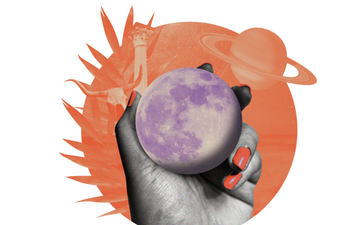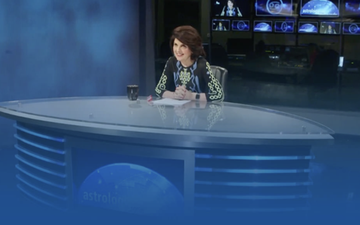
Do you think that physical pain is more severe than emotional pain? Maybe it's time to rethink that! Emotional pain, unlike physical pain, is invisible, but its effects are very tangible and deeper than you think. The fact that it can't be seen doesn't make it any less dangerous - quite the contrary! It can take its toll on your mind and body without warning. But how does emotional pain affect your body?
Why is emotional pain a "secret enemy"?
Emotional pain, whether from personal losses, disappointments or regrets, has tremendous power to affect your life. Not only is it mentally exhausting, but it also causes physical symptoms such as headaches, stomach upsets, constant fatigue and even muscle pain.
This is why people often cannot make the connection between their inner feelings and their physical health. Imagine how many times you felt that "emptiness" in your stomach when you felt embarrassed or a sudden tension when you experienced anger! These are just some of the effects that emotional pain has on your body.
How does sadness affect your body?
You've probably heard the expression, "Time heals everything." But is it really so? When you deal with constant sadness, it begins to affect your entire functioning. When sadness does not go away on its own and lasts longer than it should, it leads to depression, a disease that can affect every cell in the body. You feel tired, without energy and often face physical pain and other symptoms that have no clear explanation. This is because emotional pain causes constant stress that interferes with your overall well-being.
What about anger?
Have you noticed that when you are angry you feel a great tension in your muscles? Unexpressed anger is like a "time bomb" for your body. Your body begins to produce adrenaline, which increases muscle tension, speeds up breathing, and can cause more serious problems if this condition continues for a long time. And the worst part is that this kind of anger makes you feel even more emotionally exhausted, negatively affecting every aspect of your life.
Anxiety and fear - unwanted "companions" of everyday life
Anxiety is another consequence of emotional pain that can isolate you from everyday life. It's that feeling that grabs you without warning and keeps you in a constant state of alertness. Your body, under the influence of anxiety, is always in a state of "fight or flight" and this constant stress affects your physical health, as you feel tired, powerless and sometimes feel as if everything is out of control. . If left untreated, anxiety can become chronic and affect not only mentally but also physically.
How to cope with emotional pain?
You can't change your feelings instantly, but you can learn to deal with them. One of the effective ways is to better understand your emotions and how they affect your body. Also, physical exercises such as yoga or meditation can help calm the mind and relieve physical tension. In addition, talking to someone you trust, whether it's a friend or a therapist, is a great way to release emotional baggage and relieve sadness or stress.
In conclusion?
Don't underestimate emotional pain - it is one of the biggest enemies that can affect both your mind and body. The sooner you accept it and take steps to deal with it, the better you will feel physically and mentally. So the next time you feel tired for no apparent reason, maybe it's time to reflect on what's going on inside of you.
Don't let emotional pain do to you what no physical pain can!
Suggested Articles:





